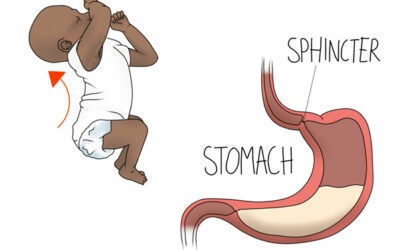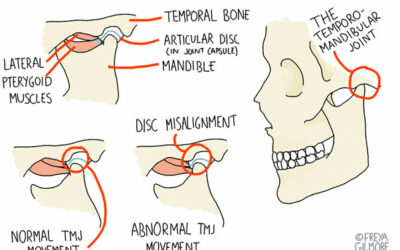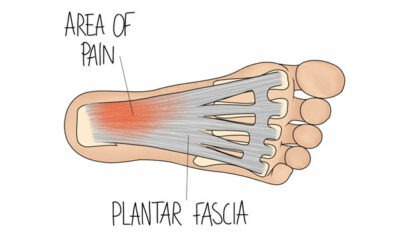‘Stress is an important dragon to slay – or at least tame – in your life.’
(Marilu Henner)
People have different ideas of what stress is or feels like, but the majority of us would say we have experienced stress at some point in our lives.
We consider stress to be something that causes distress, which most of us would agree is a negative. However, stress can also be beneficial, and has been throughout the history of human beings. Stress causes physical changes in the body which are designed to help you tackle threats or difficulties. It results in the fight or flight response which, certainly in the past, has helped keep us alive. The problem with stress arises when this feeling doesn’t fade as it should when the threat has passed. The body of a person who is constantly stressed is in a perpetual state of high alert, creating stress-related symptoms.
There are numerous symptoms of stress, and quite often a person will experience a combination of the following:
Some common symptoms to consider:
- Emotionally you may feel overwhelmed, irritable, anxious and/or lacking in self-esteem.
- Mentally you may have racing thoughts, constant worry, difficulty concentrating and/or difficulty making decisions.
- Physically you may experience headaches, muscle tension, sleep problems, tiredness and notice a difference in your eating habits.
- You may find you are drinking or smoking more, snapping at people and/or avoiding the things you are finding difficult.
Areas our osteopaths may be able to help you …
Osteopathy helps the body to heal and regulate itself, and encourages rebalancing of the nervous system responsible for the fight or flight response.
We may be able to help you by working on the following areas and systems of the body:
- Nervous system.
- Breathing
- Posture.
- Digestion.
- Adrenal glands.
Some self – help tips:
- Mindfulness.
- Meditation.
- Stay active – exercise can help reduce some of the emotional intensity you are feeling, and help clear your thoughts.
- Keep a good social network of friends and family.
- Take some time to do things you enjoy.
If you would like to be seen by one of our practitioners or if you have any further questions, then please get in touch with us. You can call us on 0113 237 1173 or email info@goodhealthcentre.co.uk, and we will get back to you promptly.



0 Comments
Trackbacks/Pingbacks